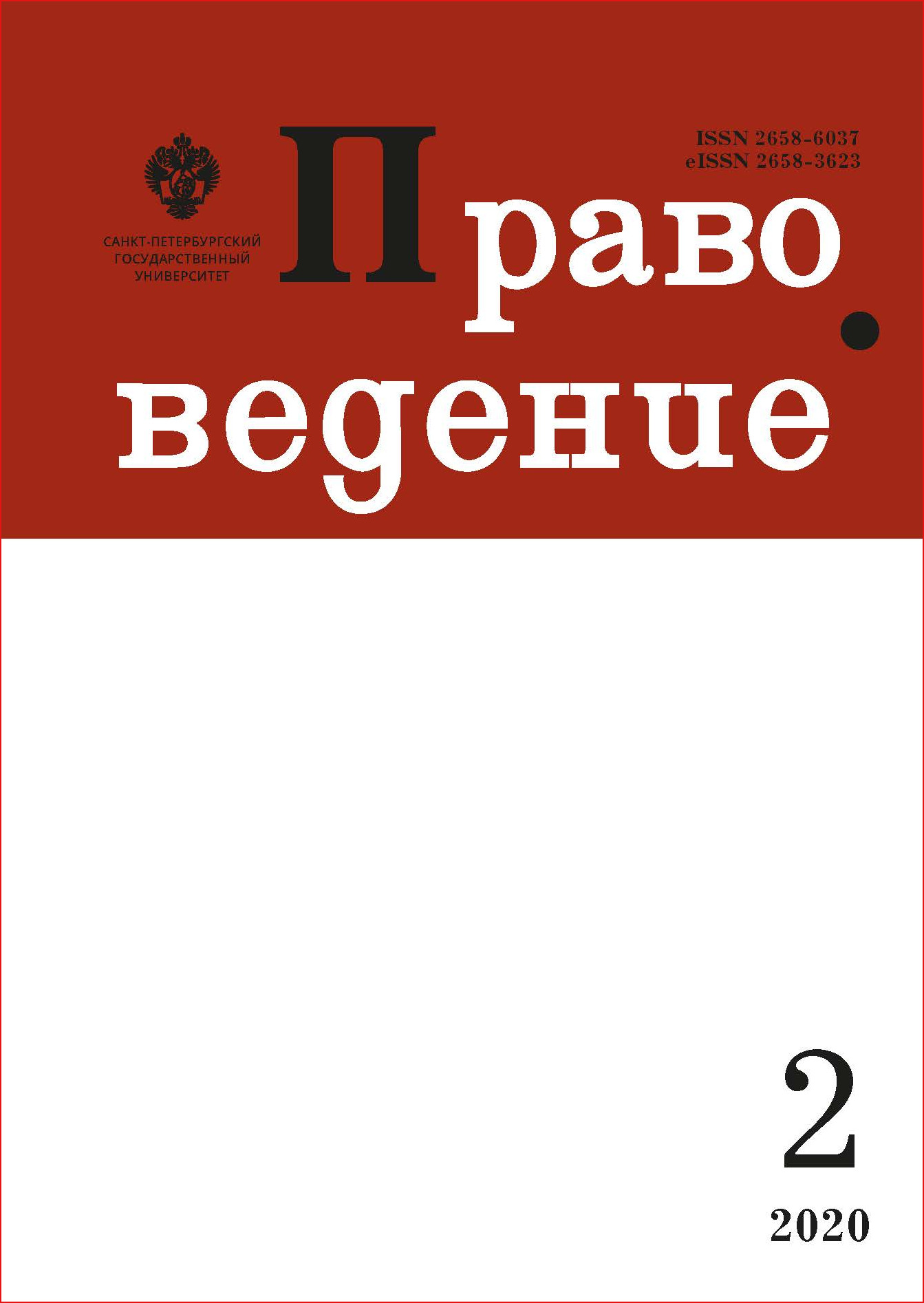Venire contra factum proprium: From a binding past to a binding future
DOI:
https://doi.org/10.21638/spbu25.2020.204Abstract
Inadmissibility of controversial conduct (venire contra factum proprium) is a continental functional analog of common law estoppel. It is a special “pitfall” under the rubric for the application of the bona fide requirement when inadmissibility of conduct is derived from its controversial character in regard to previous conduct. The article exposes a lack of necessity in the prohibition under the regimes of early private law codifications of the Modern Age (France, Austria) which is why one may observe its prevalence primarily in Germany after the enactment of German Bürgerliches Gesetzbuch (Civil Code). The author thinks of its prevalence as a result of a drastic change in understanding the legal relationship induced by the restoration of corporate thinking in a renewed form as opposed to individualistic thinking associated with Roman law and the first draft of Bürgerliches Gesetzbuch. For the courts, the inadmissibility of controversial conduct became a convenient means to justify the restatement of rules formally binding for parties in cases where, as a result of the application of formal rules, the connection between the conduct of a party to a legal relationship and its negative outcome, which under said formal rules, totally fall into the other party’s burden. Due to this, the concept of a legal relationship, previously built as mere correlation of a subjective right to liability, is complicated by an element of burden — some of which would be imposed on the entitled party. This revealed the formal side of inadmissibility of controversial conduct, which made it possible to correct what shall be treated in terms of new thinking as a gap of regulation formed by individualistic thinking. In material terms, the inadmissibility of controversial conduct is limited in literature to cases when the previous conduct of a certain person has caused legitimate expectations from the counterparty and the current conduct contradicts these expectations. The author refutes this reduction since from the outset, the founding idea of the rule was to preserve the interrelation between conduct and adverse consequences lost in the formal application of the law. The contradiction of conduct, hence, shall be seen in using a formal legal position to prevent the adverse outcome of one’s own conduct. However, development of this court practice revealed another function of the rule, much more important in the author’s opinion, namely, the acceleration of civil communication governed by private law.
Keywords:
bona fide requirement, inadmissibility of controversial conduct, burden, legal relationship, estoppel
Downloads
References
Schmitt, Carl. 2009. Gesetz und Urteil. München, C. H. Beck.
Downloads
Published
How to Cite
Issue
Section
License
Articles of "Pravovedenie" are open access distributed under the terms of the License Agreement with Saint Petersburg State University, which permits to the authors unrestricted distribution and self-archiving free of charge.




